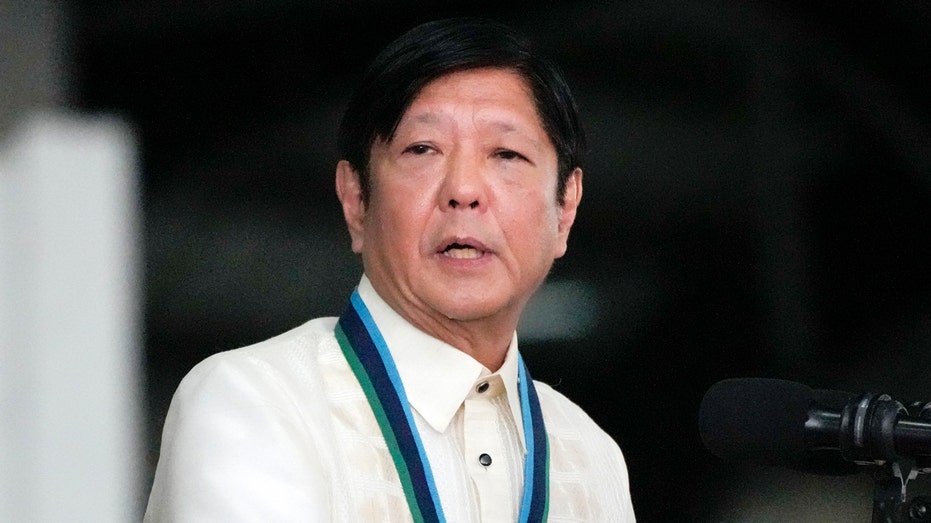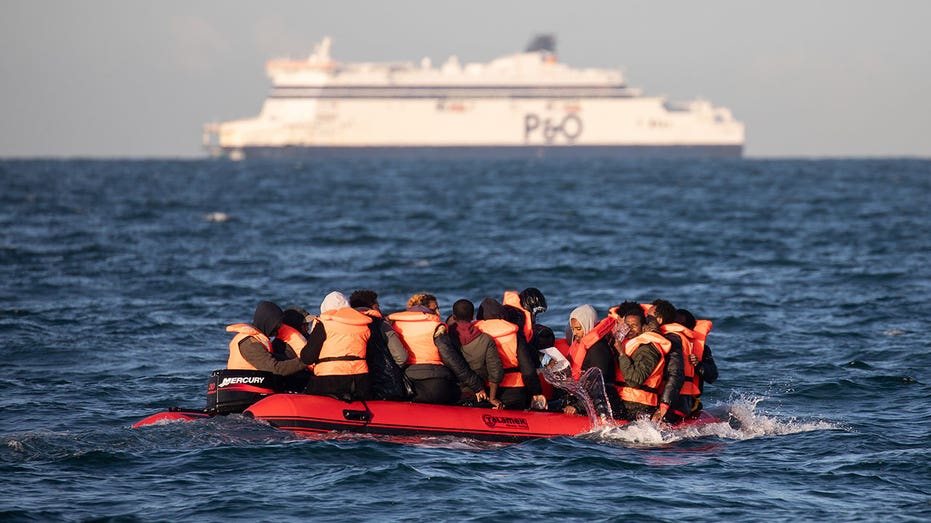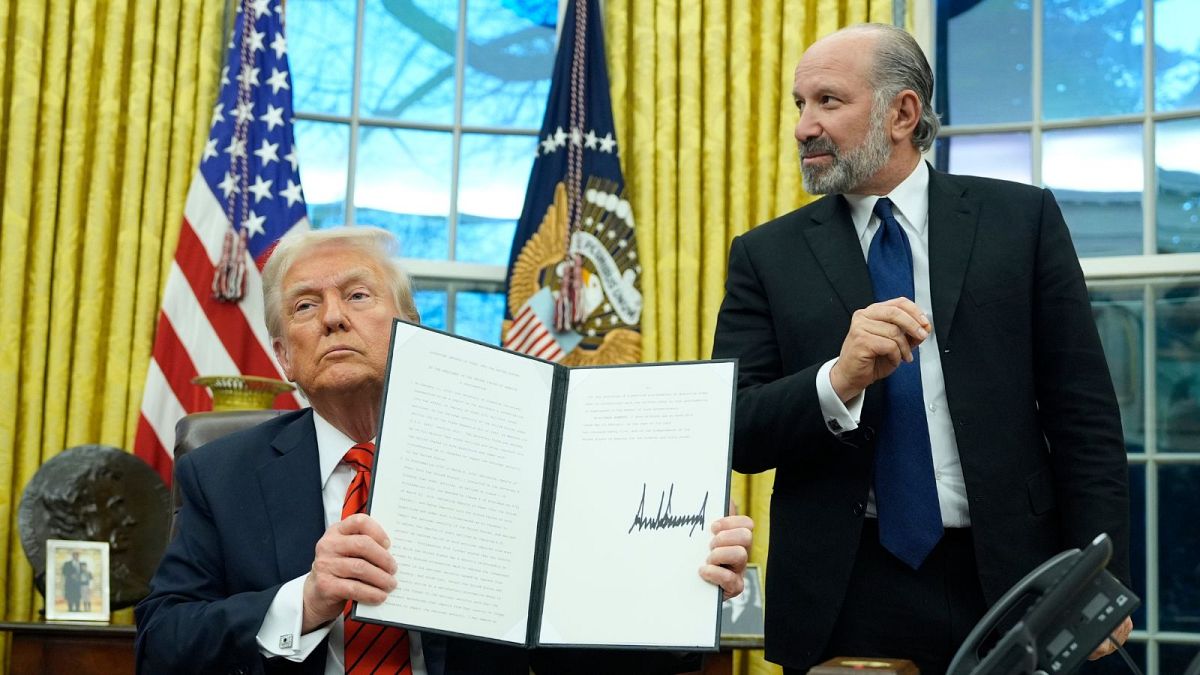Philippines' president congratulates pro-sovereignty Taiwanese election winner
President Ferdinand Marcos Jr. of the Philippines congratulated Taiwanese President-elect Lai Ching-te on his electoral victory Monday.

Philippine President Ferdinand Marcos Jr. on Monday congratulated the winner of Taiwan’s presidential election, Lai Ching-te, saying in a statement shared on social media that he was looking "forward to close collaboration" and "strengthening mutual interests."
Marcos's congratulatory message is likely to be frowned upon by China, which claims the self-governing island as its own territory to be taken under Beijing’s control by force if necessary. President-elect Lai has vowed to safeguard the island’s de-facto independence from China and further align it with other democracies.
After U.S. Secretary of State Antony Blinken congratulated Lai on his victory, China’s Foreign Ministry said that message "sends a gravely wrong signal to the ‘Taiwan independence’ separatist forces," claiming it goes against a U.S. commitment to maintain only unofficial ties with Taiwan.
NEW TAIWANESE PRESIDENT BLAMES CHINESE POLITICAL AMBUSH FOR LOSS OF ALLY NAURU
"On behalf of the Filipino people, I congratulate President-elect Lai Ching-te on his election as Taiwan’s next president," Marcos said on X, formerly known as Twitter.
"We look forward to close collaboration, strengthening mutual interests, fostering peace and ensuring prosperity for our peoples in the years ahead," the Philippine president added.
The Chinese Embassy in Manila did not immediately comment on Marcos’s congratulatory remarks.
The Philippines adheres to the One China principle, which holds that Taiwan is part of China and recognizes Beijing as the government of China.
When asked earlier for a reaction to the outcome of Taiwan’s presidential election, the Department of Foreign Affairs in Manila briefly stated that it remains committed to its One China policy, which the Philippines adopted in 1975.
Marcos's remarks were made as tensions escalate between China and the Philippines over a series of territorial standoffs in the South China Sea.
What's Your Reaction?
















